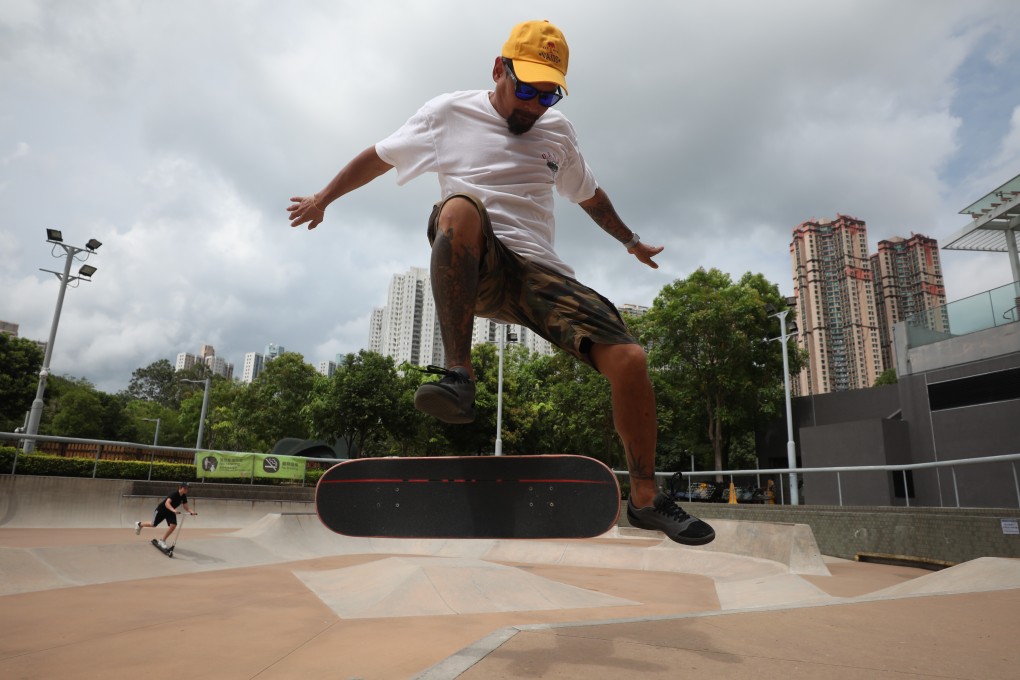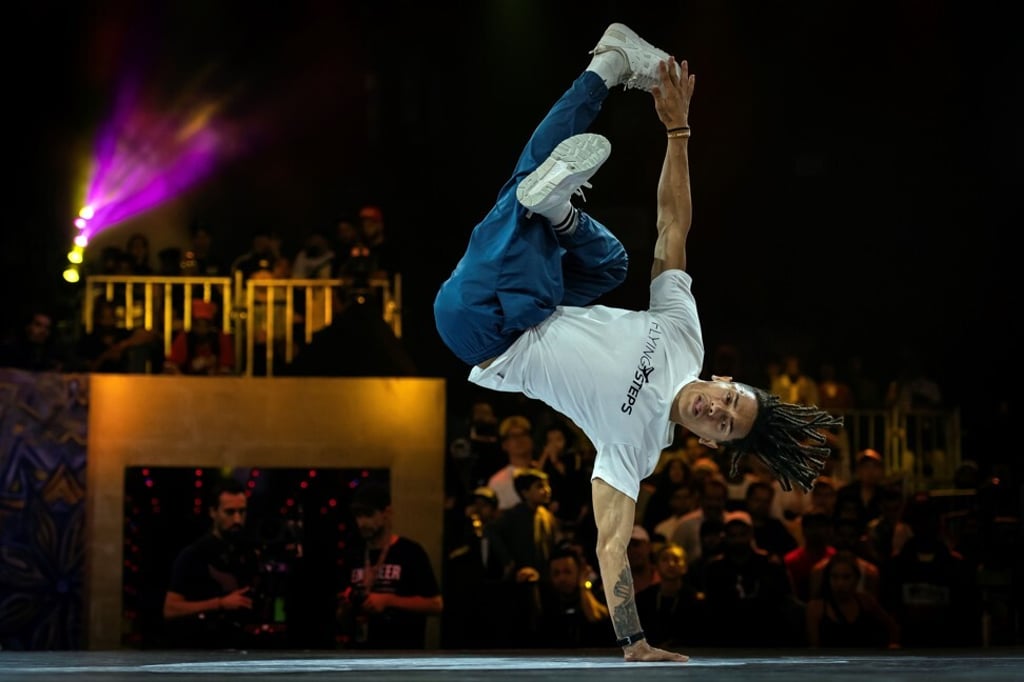Advertisement
Opinion | Tokyo 2020: skateboarding and breakdancing waltz into Olympics as inclusion smacks of ‘cool kid’ syndrome
- Skateboarding and ‘breaking’ stand in stark contrast to sports like squash that have tried, and failed, to get into the Games
- The International Olympic Committee is clearly playing favourites, trying to woo a new generation of fans
Reading Time:3 minutes
Why you can trust SCMP

You have to feel for the sport of squash.
The game, played indoors, has been trying since Sydney 2000 to get into the Olympics through proactive campaigns. The governing body, the World Squash Federation, has pulled out all the stops, getting star power behind their push, as well as investing in marketing and media endeavours.
For squash, this would be great for exposure and help with validity in many regards as is often the case with fringe pastimes – the Olympics still carries credibility when it comes to interest and, more importantly, government funding.
Advertisement
The International Olympic Committee reviews its list of sports on a regular basis and has got into the habit of tweaking, tinkering and swapping disciplines with mixed results; wrestling being momentarily dropped before Tokyo 2020 being a perfect example.

Advertisement
Squash has found itself the odd man out, desperate to get into a party while some “cool kids” have waltzed in without so much as a strongly worded letter to the IOC.
Advertisement
Select Voice
Select Speed
1.00x
